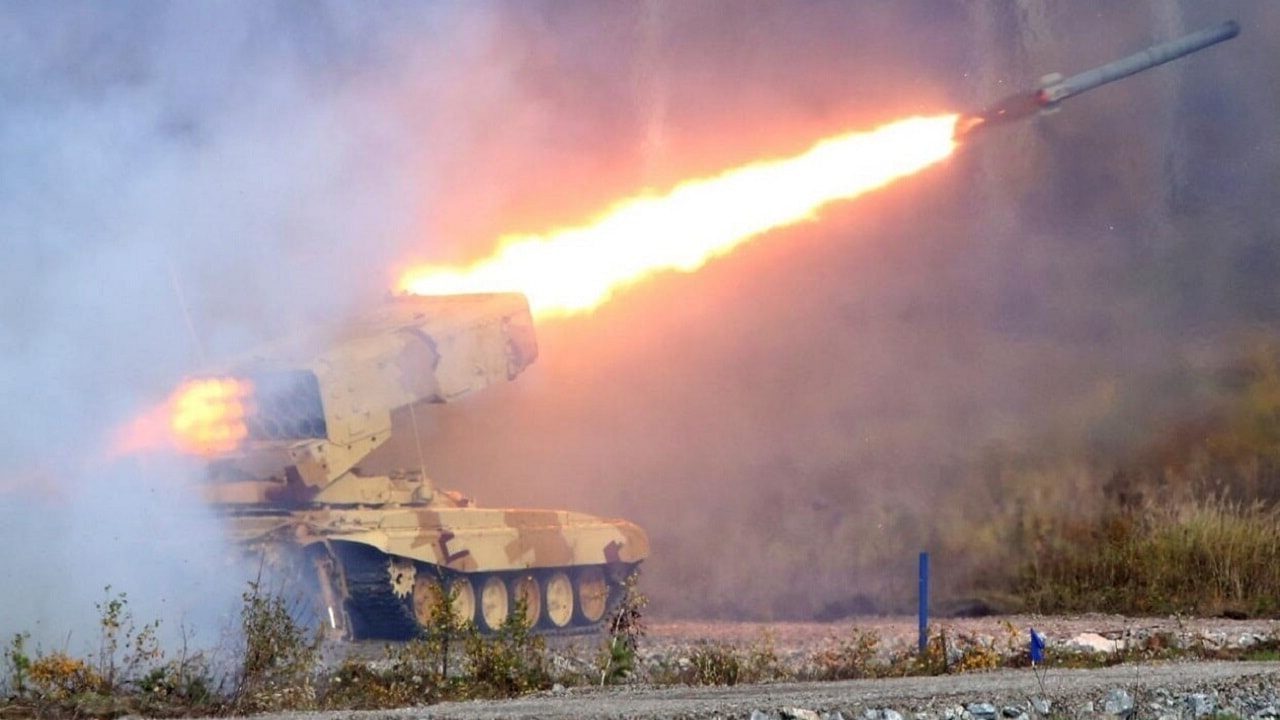What Consequences will Russia’s Leadership Reshuffle Mean for the War in Ukraine? – On Friday, July 15 the Russian Duma convened for a special legislative meeting to discuss a raft of legislative matters regarding the economy, Russia’s ongoing invasion of Ukraine, and some high-profile cabinet reshuffling. As Russia digs in for a long, protracted battle over Ukraine, it appears that Moscow is increasingly relying on tweaks to its economic and power structures to help address headwinds brought on by Russia’s February 2022 invasion of Ukraine.
Who is being Reshuffled, and Why?
On July 12, it became apparent that Deputy Prime Minister Yuri Borisov was to be moved out of his role overseeing Russia’s defense industry, which would be part of a broader reorganization of Moscow’s military industry political oversight system.
On July 12, Russian President Vladimir Putin signed a decree which created the new position of Deputy Prime Minister of Industry and Trade, which was quickly followed by Prime Minister Mikhail Mishustin’s nomination of Denis Manturov for the role. Manturov currently serves as the federal Minister of Industry and Trade, which means that his new role as a Deputy Prime Minister be an upgrade in oversight and power.
On Friday, it was revealed that Borisov would take up a new role as head of Russia’s state space corporation Roscosmos. To make room for Borisov, Roscosmos’ current head Dmitri Rogozin resigned from his post, which Kremlin Press Secretary Dmitri Peskov said would be followed shortly by his appointment to a senior position.
According to the ruling United Russia party Duma deputy Konstantin Zatulin, Maturov’s appointment is intended to give the Russian government greater decision-making power over Russia’s industrial base to keep up with the demands of the invasion of Ukraine. In Russia’s byzantine political system, Deputy Prime Ministers take on a special coordinating role for their respective portfolios, which means that Manturov will be responsible for interagency planning and state policy development in connection with Russia’s industrial base in his new role.
According to sources within the Russian government, as seen in various news reports, Manturov’s appointment was primarily designed to empower him to take the lead on issues of import substitution. Russia’s previous reliance on Western-manufactured technology in its military equipment combined with heavy technological sanctions applied to Moscow in the wake of its Ukraine invasion has predictably made this a high priority of the Russian government.
Borisov’s approach to Russia’s wartime defense production base may have been unsatisfactory to the Kremlin as well – Borisov’s claims that Russian troops in the field in Ukraine were receiving all the equipment they needed were noticeably detached from the reality of Russian troops being forced to source equipment and supplies through civilian donation drives.
As for Rogozin, he is reportedly on Putin’s shortlist to manage Moscow’s relationship with the regions of Ukraine occupied by Russia following their possible annexation into Russia. Reportedly also in the running to become President Putin’s chief of staff (a powerful position in the Kremlin), Rogozin is known for his pugnacious statements supporting Kremlin policy, which he has doubled down on since Russia invaded Ukraine.
What Else is Due to be Handled by the Duma?
According to Vladimir Vasiliev, the Duma’s United Russia head, the body aimed to cover around 60 legislative items during its special legislative session. Some points of interest among those proposals included upgrades to the status of border guard veterans to that of combat veterans, as well as the creation of a unique, unified state-run advertising organization to handle all forms of outdoor advertising.
Such a state-run advertising body would further expand the Kremlin’s ability to control the flow of information in Russia and could conceivably be used to streamline efforts to diffuse propaganda on its invasion to the Russian population. Duma Speaker Vyacheslav Volodin also drew attention to import substitution as an essential priority and promised that the Duma would hold federal ministries accountable in the future based on their adherence to import substitution plans.
Notably, the session did not include any economic or popular mobilization measures, which have previously been speculated to be necessary for Russia’s future war effort. Instead, the Kremlin seems more interested in continuing its current so-called “secret mobilization,” relying on private military companies and low-profile regional recruitment drives to sustain the manpower demands of the invasion.
This week’s game of musical chairs appears to be a means of solidifying the Kremlin’s control over the country’s defense industrial base and possibly over the territories it occupies in Ukraine (depending on where Rogozin ends up). Consolidation of state control over certain advertising mediums follows a similar pattern. Time will tell if this approach will meaningfully help Moscow sustain its invasion or not.
Wesley Culp is a Research Fellow at the Center for the Study of the Presidency and Congress. He regularly writes on Russian and Eurasian leadership and national security topics and has been published in The Hill as well as in the Diplomatic Courier. He can be found on Twitter @WesleyJCulp.

